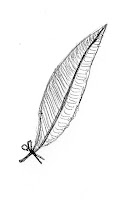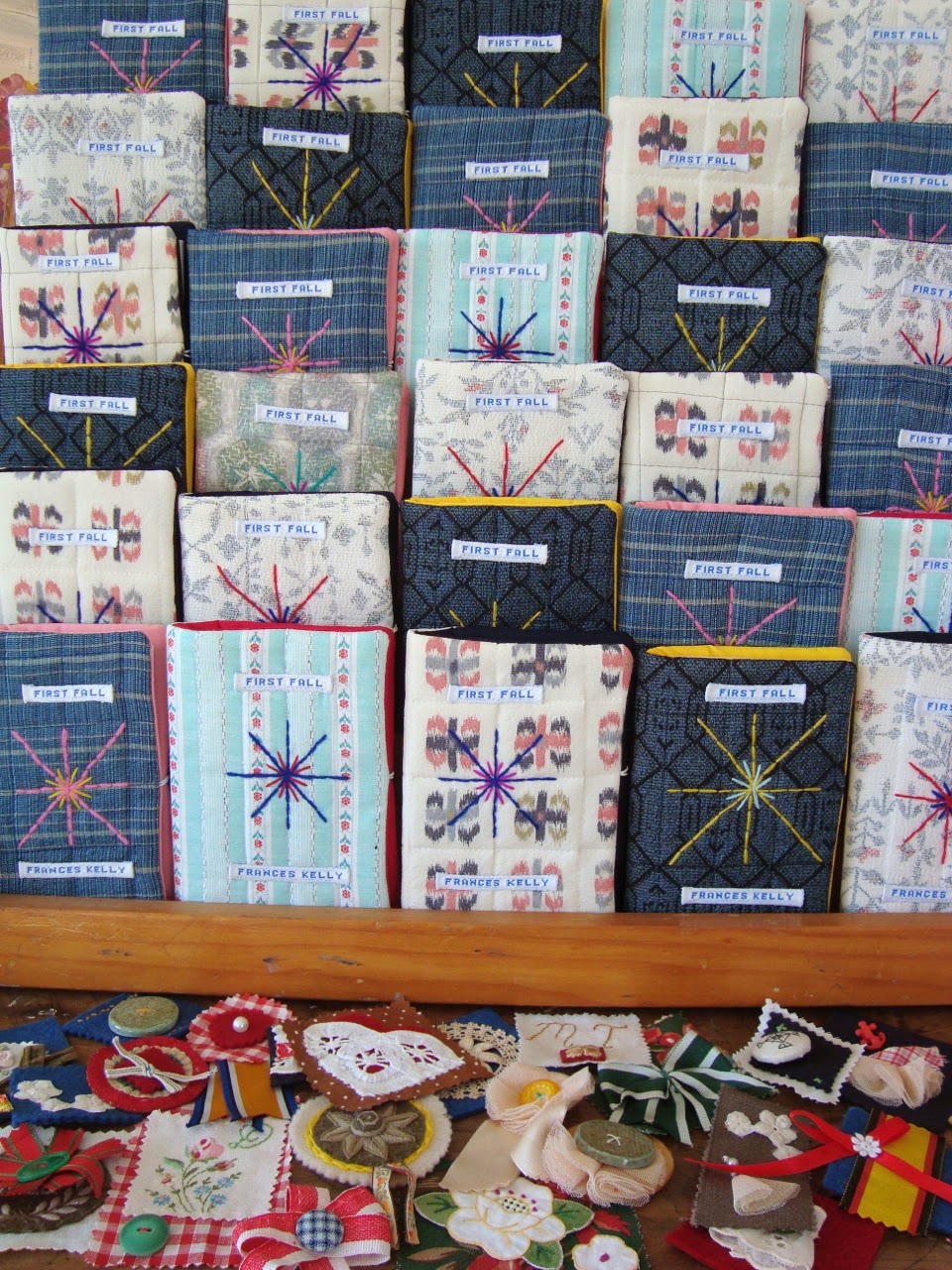Pop Riveter
Pania Press is very pleased to announce the publication of the poetry chapbook Pop Riveter by Jen Crawford.
When Jack first published this sequence (in a slightly different form) in Poetry NZ 38, this is what he had to say about Jen and her work:
Jen Crawford
Jen Crawford was born in Patea, Taranaki in 1975 and spent her early years in New Zealand and the Philippines. In 1994 she moved to Australia to study and later completed a PhD in Creative Arts through the University of Wollongong, for which she wrote on images of the child in New Zealand literature.
Her first short collection of poetry, ‘tigerbutter’, appeared in the collaboration Fathoms (scarp productions, 1996) alongside work by Australian writers Lucy Alexander and Porsche Herbert-Funk. In 2000 Five Islands Press published her narrative poetry sequence Admissions, which was highly commended in the Anne Elder award and shortlisted for the Dame Mary Gilmore award. Jennifer Harrison said of it in Australian Book Review: “The structure is brilliant.... the poems disintegrate into blocks of raw, pressured thought; time and identity distort.” Her most recent poetry book, Bad Appendix (Titus Books, 2008), has been described in similar terms as “a series of lightning strikes – strobe-like and disconcerting, drawing on the deepest aquifers of human need.”
She has taught English and writing subjects at the University of Auckland, Massey University and the University of Wollongong. Between semesters she works at a range of temporary occupations, including as a factory hand; a couple of recent factory stints gave rise to the “Pop Riveter” sequence. About “Pop Riveter” Jen writes:
These poems are my attempt to acquire a poetics apt in shape and diction to a particular industrial environment. I wanted to respond to certain factory conditions: sensory saturation, procedural monotony, proprietal language, the deceptive temporalities created by the movement loops of manual production and the alternately overlapped and repelling identity orientations created by working collectively as part of a physical function. The poems also record my pleasure and frustration both in this setting and in the people I shared it with.
“Pop Riveter” might perhaps be better seen as a series of pageworks or concrete poems than an attempt at conventional lyricism. One interesting aspect of the poems is the way in which this attempt to evoke directly and literally the pressures of an industrial environment has resulted in work which looks (superficially) very similar to L=A=N=G=U=A=G=E poetry. It’s as if theory and praxis have brought her, by very different paths, to precisely the same destination.
If you give them time I’m sure her poems will end up speaking to you, too.
Since the above was written, Jen has accepted a position as an Assistant Professor in Creative Writing at Nanyang Technological University in Singapore. She's also published another chapbook: Napoleon Swings (Auckland: Soapbox Press, 2009).
Book specifications:
Price (NZ)$30.00
- A6 (15cm x 10.5cm)
- 18 pages
- Numbered edition of 30 copies.
- Digitally printed text on Popset paper (Ivory) 120gsm.
- Each cover is unique and decorated with a handmade collage using Canson card in assorted colours.
- Each book comes in a handmade calico bookcloth envelope with a collaged detail.
To place an order for a copy of Pop Riveter, please contact Bronwyn at the email address in the sidebar.







i hope Pania Press bring some of their wonderful books to the October Happy Tea House event featuring Eye St Poets and hopefully The Rockin' Roller Coasters, we could have quite a crowd I think, cross our fingers. x
ReplyDeleteThat sounds great Raewyn. We'll be there for sure.
ReplyDeleteBronwyn
ReplyDeleteI would be keen to get a copy of Jen Crawford's Pop Riveter at sometime.
Are there any still for sale?
Richard T
Sorry Richard,
ReplyDeleteWe've run out of copies of this title, I'm afraid. I should have been quicker to update the catalogue of books which are still available.
You can read the text of the sequence (with slight variations) in Poetry NZ 38 (2009), though.